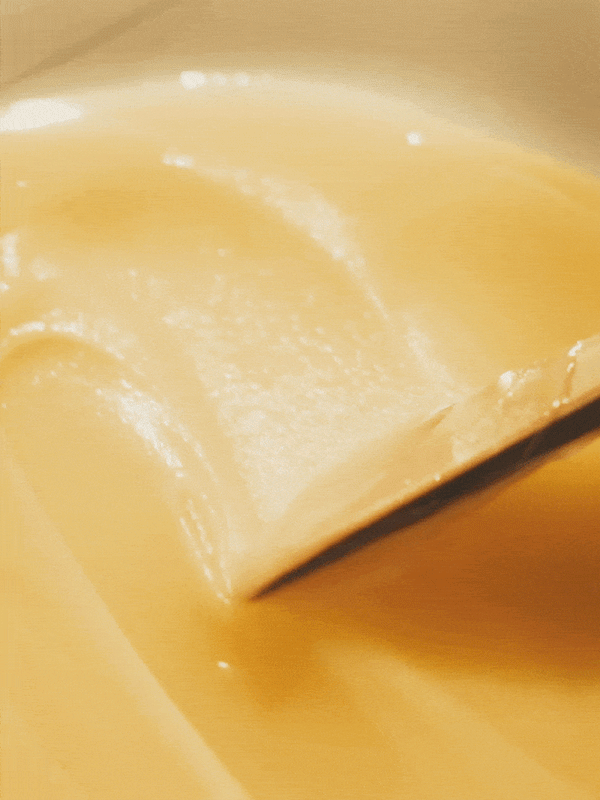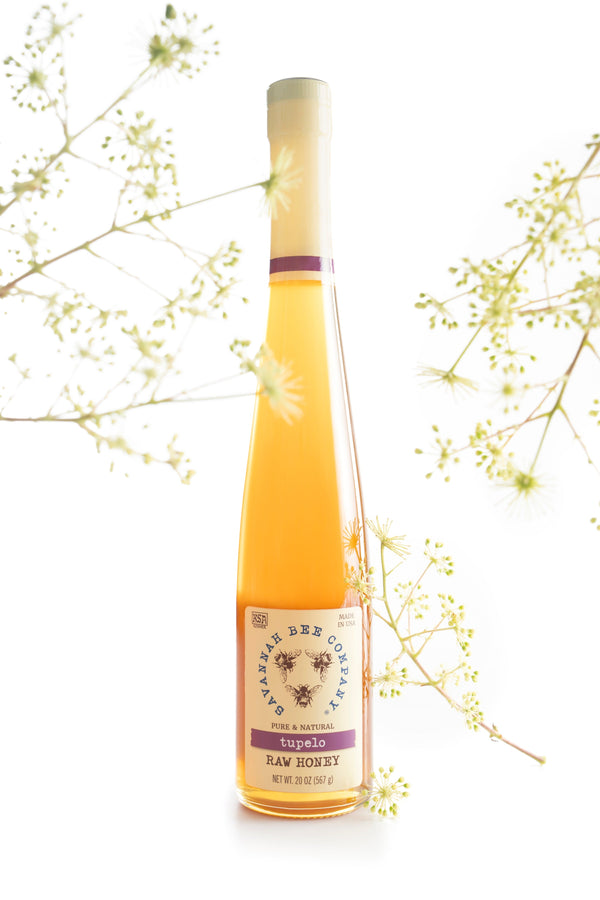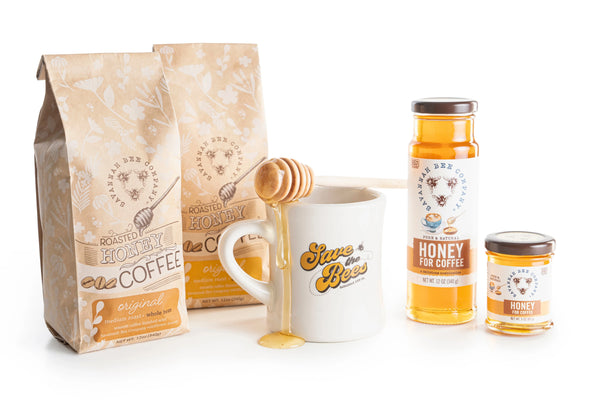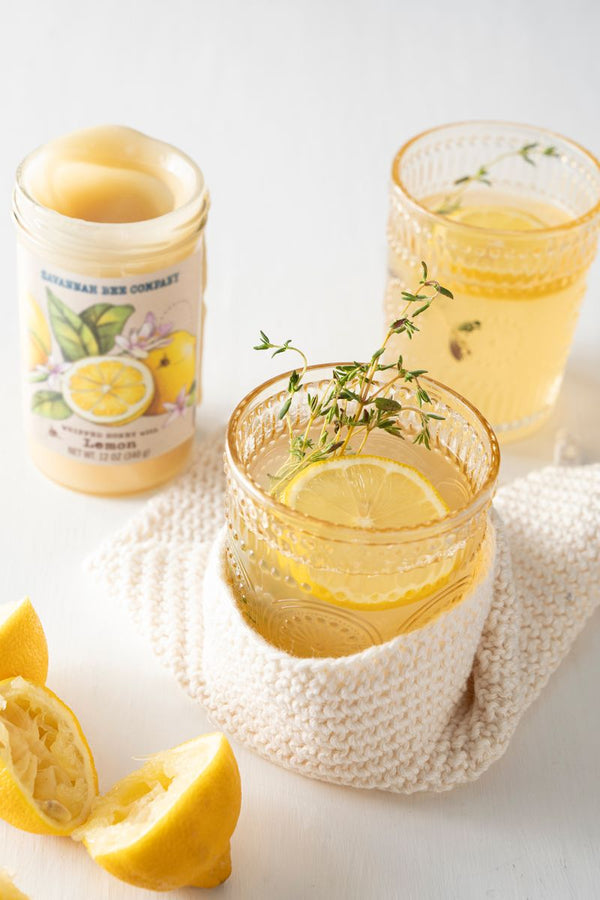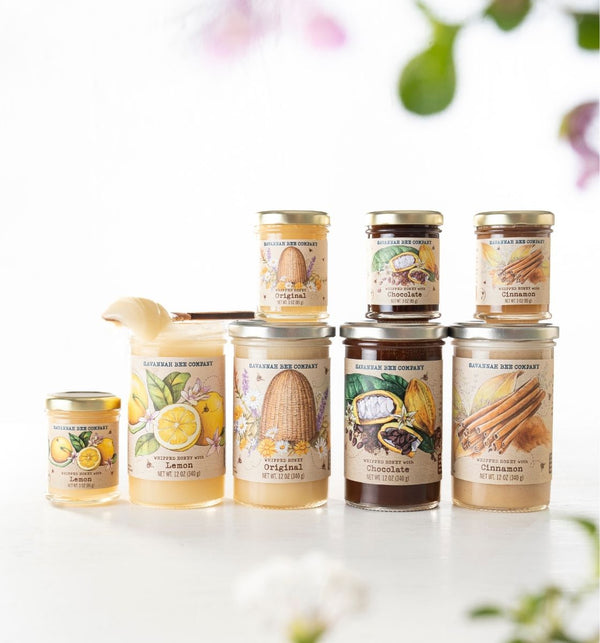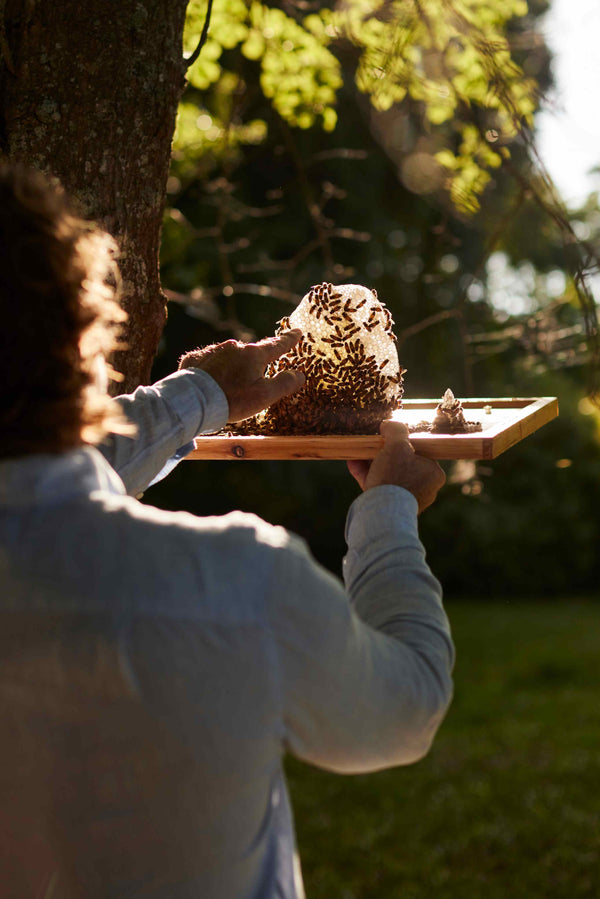Top 5 Health Benefits of Bee Pollen
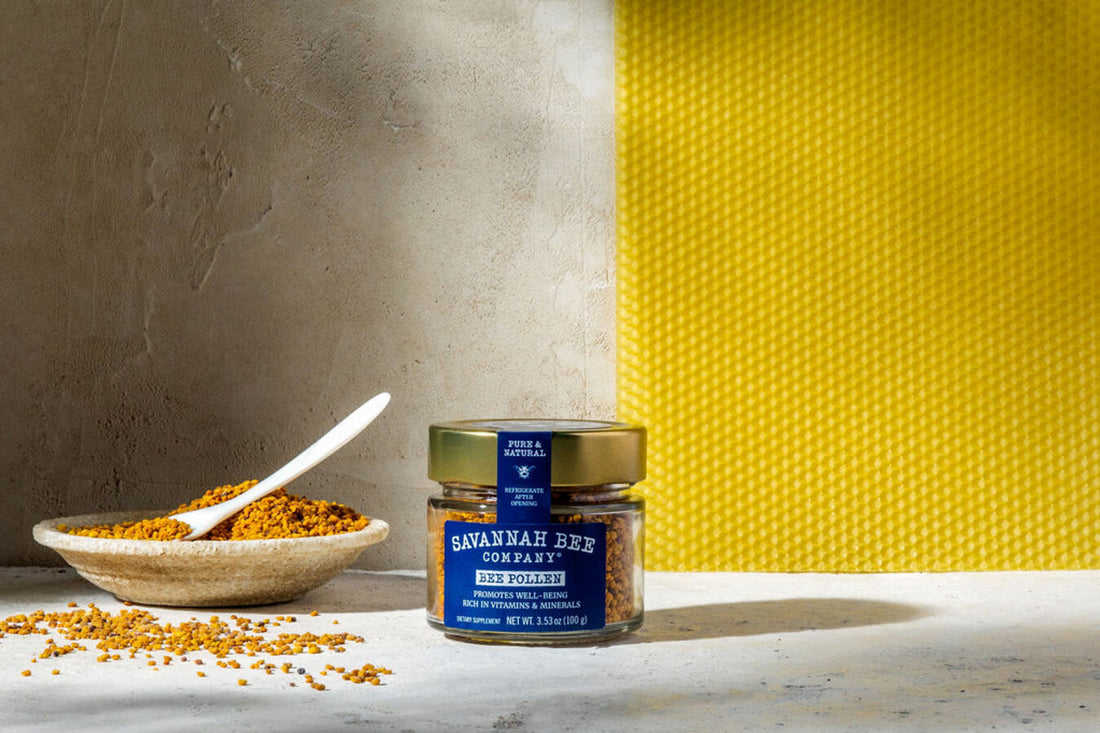
What is Bee Pollen?
Bee Pollen is a natural mixture consisting of flower pollen, nectar, bee secretions, enzymes, honey, and wax collected from various plant sources by honeybees. Like humans, honeybees have basic nutritional requirements. To meet those requirements, they collect nectar, pollen, and water (1). Bee Pollen is essential to the overall survival of the hive as the nutrients in pollen help take care of their young and contribute to the development of young worker bees. Humans also consume bee Pollen for its nutrient-rich and anti-inflammatory properties.
What are the benefits of Bee Pollen?
1. High Nutritional Value
Bee pollen has a high nutritional value that can be beneficial when added to one’s diet.
Bee Pollen consists of (3):
● 40% carbohydrates
● 35% proteins
● 4–10% water
● 5% lipids
● 5–15% other substances, such as amino acids, vitamins, minerals, antibiotics, and antioxidant substances
Additionally, Bee Pollen is quite the multivitamin with granules consisting of several kinds of vitamins. These micro-nutrients give Bee Pollen its health-promoting properties that can improve quality of life.
Bee Pollen Consists of the following Vitamins (2):
● Provitamin A
● Vitamins E
● Vitamin D
● Vitamin B1
● Vitamin B2
● Vitamin B6
● Vitamin C
● Pantothenic
● Nicotinic
● Folic
● Biotin
● Rutin
● Inositol
2. Anti- Inflammatory and Anti-angiogenesis Properties
Bee Pollen has promising anti-inflammatory and anti-angiogenesis properties. In one study, the findings revealed that bee pollen exhibited good anti-inflammatory and anti-angiogenesis effects in an air pouch model of inflammation in male rats (4). The high quantity of flavonoids and phenolic compounds present in bee pollen is effective in the reduction of inflammatory parameters (4). Additionally, the study concluded that pharmacological effects of bee pollen could have promising benefits in the treatment of many immune-related diseases (4).
3. May Speed Up Your Metabolism
Are you looking for ways to speed up your metabolism? Recent studies have shown that bee pollen formula exerts highly beneficial biological activities to recover muscle protein and energy metabolism in old rats exposed to severe food restriction (5). Additionally, bee pollen contains all 22 amino acids and vitamin B6. These two nutrients are said to improve fat metabolism and muscle synthesis (6).
4. Energy Support
Are you reaching for a cup of coffee every morning? Try bee pollen instead. Unlike your daily cup of coffee or energy drink, bee pollen can provide you with long-lasting energy. The energy supplied from stimulants is temporary and will eventually result in the ever famous “crash” that many experience mid-day after the energy has worn off. Bee Pollen energy is long-lasting due to its high protein content. Bee Pollen contains 22 essential amino acids, making it a complete protein and a great source of energy.
5. Protein
Are you having trouble getting your daily intake of protein? Bee Pollen is richer in protein than meat (which contains 17 to 22%), fish, eggs, and cheese. Bee Pollen contains 32.8% of protein, including 11.5% essential amino acids, making it a great addition to a protein-lacking diet (2). Getting your daily intake of protein is vital to your overall health as it plays a huge role in the human body. If you’re not getting your daily intake of protein, try Bee Pollen.
Bee Pollen is packed with nutrients your body needs, so it is no surprise that it has several health benefits. If you’re looking to start incorporating nature’s multivitamin into your diet, then look no further than Savannah Bee Company. We sell Spanish Bee Pollen, which is known for being the best in the world due to its sweet taste and golden color. Jumpstart your wellness journey today and get some of the best Bee Pollen the market has to offer!
Sources:
- https://edis.ifas.ufl.edu/publication/IN868
- https://www.ncbi.nlm.nih.gov/pmc/articles/PMC4377380/#:~:text=Pollen%20is%20quite%20a%20significant,7%25%20in%20the%20whole%20product.
- https://www.sciencedirect.com/science/article/pii/S0956713511000995
- https://www.ncbi.nlm.nih.gov/pmc/articles/PMC7053286/
- https://www.ncbi.nlm.nih.gov/pmc/articles/PMC4276980/
- https://pubmed.ncbi.nlm.nih.gov/30841823/
#savethebees
Published



